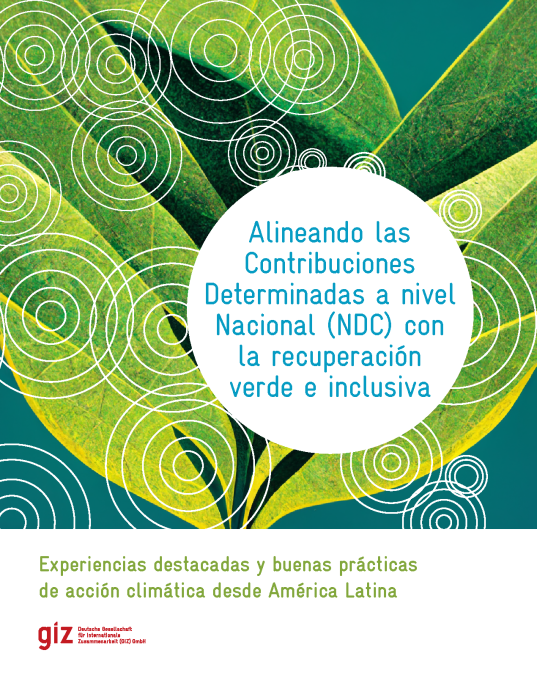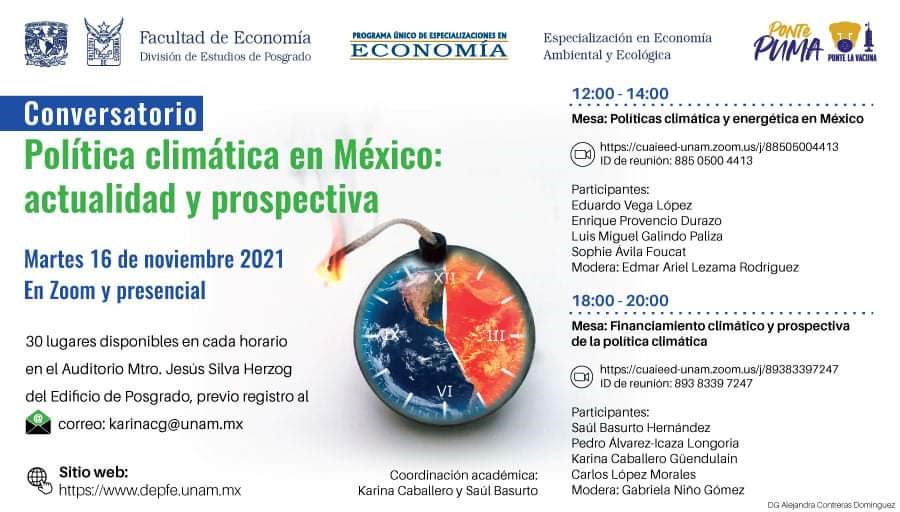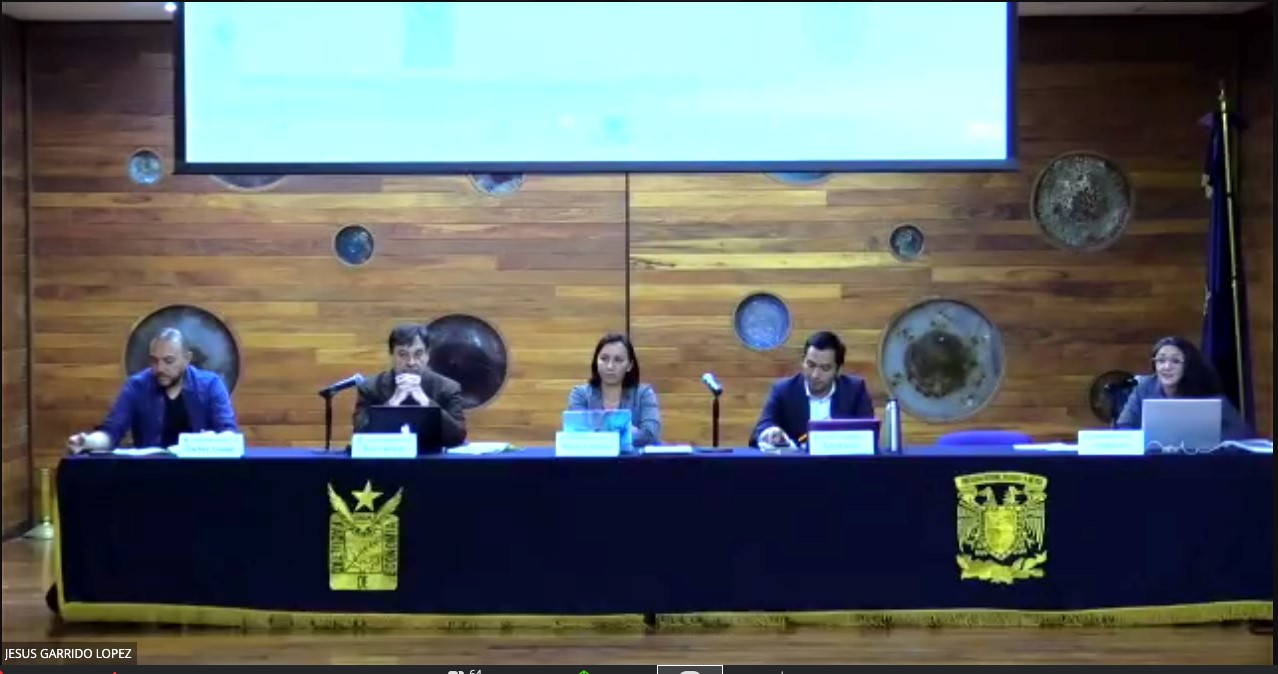The pandemic caused by COVID-19 has had a devastating impact in all regions of the world. According to the World Bank, in 2020 the global economy began to suffer the worst recession since World War II. The World Economic Outlook Report (World Bank, 2022) notes that global growth slowed from 5.7% in 2021 to 2.9% in 2022, and in Latin America the economy was projected to decelerate sharply to 2.5% in 2022, after a 6.1% rebound in 2021. The economies of Latin America and the Caribbean have been hard hit by economic shocks, and, in parallel, the effects of climate change have exacerbated vulnerabilities.
In the findings of its sixth assessment cycle, the Intergovernmental Panel on Climate Change (IPCC) confirmed the importance of acting now on climate resilient development to cope with the increasing negative impacts of climate change.
In this context, meeting the goals of the Paris Agreement and limiting the adverse effects of climate change, while greening economies, is an opportunity to move beyond the crisis and build a sustainable and inclusive future.
In the framework of the Environmental Management and Rural Development Sectoral Network of Latin America and the Caribbean (GADeR-ALC) of the Deutsche Gesellschaft für Internationale Zusammenarbeit (GIZ) GmbH, through the Workstream “Aligning climate action (NDC) with green recovery in Latin America”, a study was developed that explores and shows eight noteworthy examples of green recovery integrated into economic recovery processes and NDC implementation in four countries in the Latin America and Caribbean region: Chile, Colombia, Costa Rica and Mexico. These examples identify “best practices” in NDC implementation that can inspire and be applied and scaled in other countries in the region.
Consult the study by clicking on the image below:



